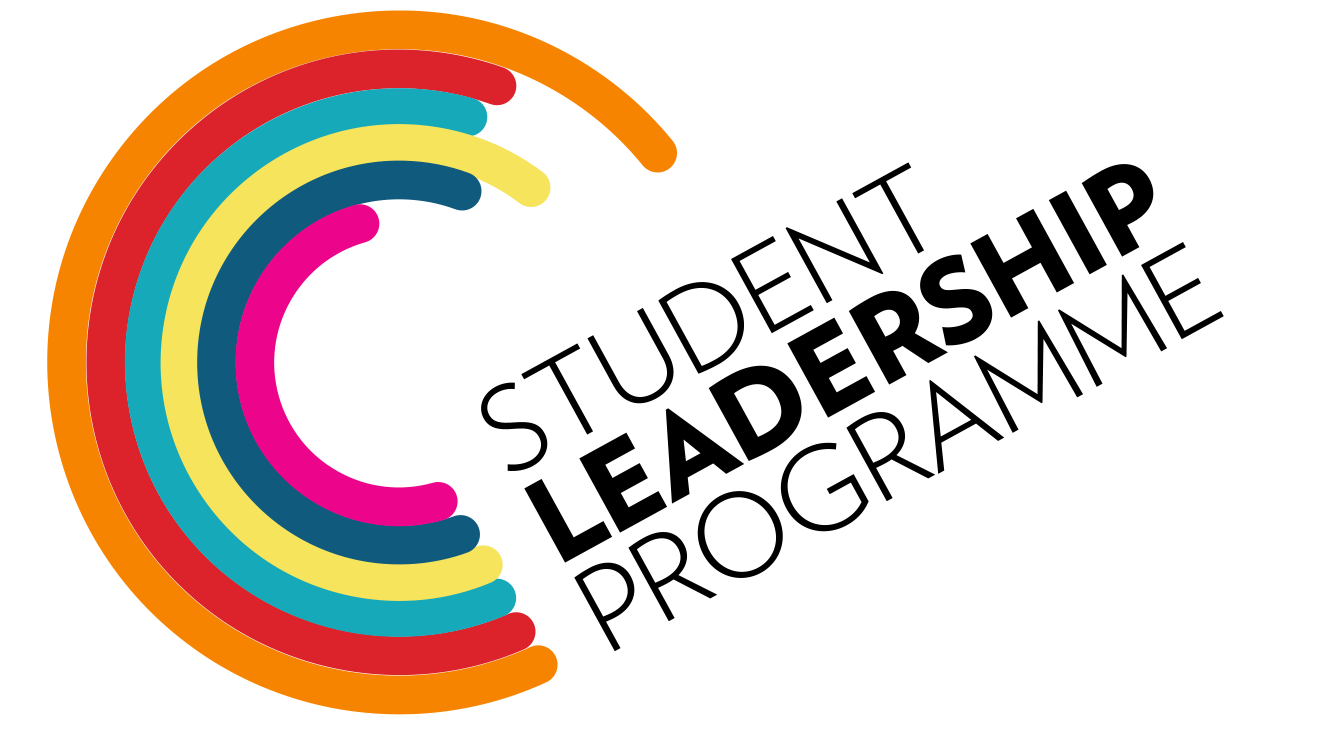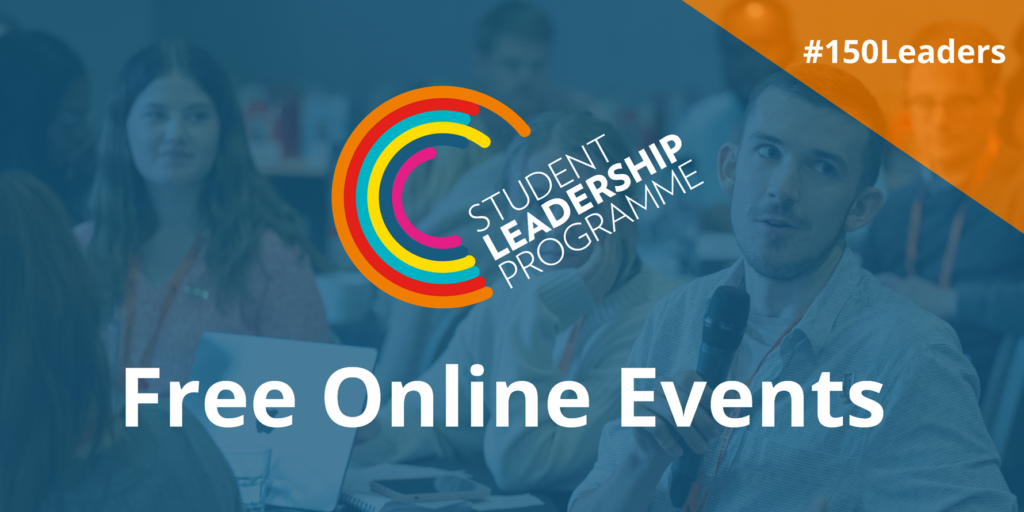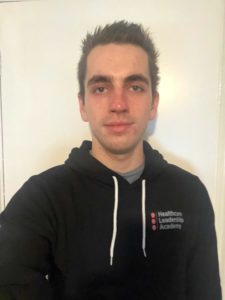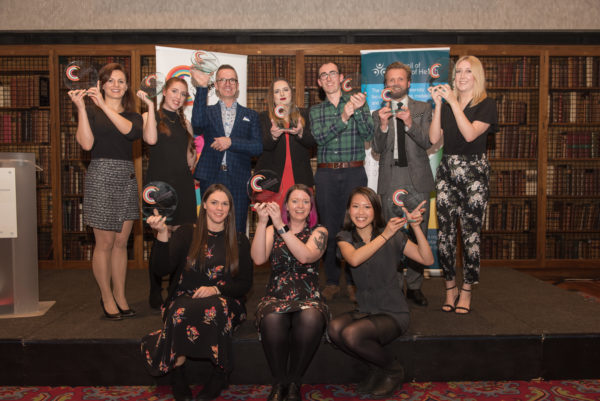The Student Leadership Programme will be holding the first ever #150Leaders awards afternoon. There will be 8 categories open exclusively to students who have participated in the programme in any cohort. Finalists will be invited to join a joint awards afternoon and publication launch on Thursday 6 December 2018.
How it works
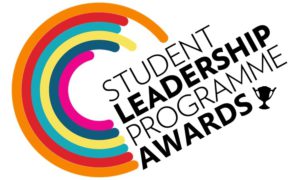
Any #150Leaders student can be nominated for an award (even if the student has recently qualified). Students (or mentoring partnership) can be nominated only by a fellow #150Leaders student, mentor or a university staff member. A student cannot nominate themselves. To nominate a student, please complete the nomination form (see below) for the correct category and email it to student.leadership@cod-health.ac.uk. An individual can nominate up to one student/partnership per category and nominations can also be made for a team of up to three students if appropriate. Any student can be nominated for more than one award.
All submissions will be collated, anonymised and shortlisted by the Council according to the selection criteria noted on the nomination form. The winners will be selected by the Student Leadership Programme Advisory Group, again in accordance to the selection criteria. Finalists will be notified by the end of October.
Award Categories
Best Contribution to Social Media
The #150Leaders have been outstanding on social media from supporting the programme and have led the way in promoting their respective professions and led others to use social media in an appropriate way. This category celebrates the student who has made the best contribution to social media (including blogging).
#150Leaders Mentoring Partnership
This category celebrates positive and successful mentoring partnership from the programme. Entries should demonstrate a two-way working relationship as well as how the mentor has contributed to the mentee’s success as a leader. Mentors are welcome to apply on behalf of themselves and the student.
Outstanding Commitment to Student Affairs
This category is to recognise leaders in the university environment by acknowledging those who have been committed to supporting their peers in some way. Examples may include:
- Campaigning to improve students’ experiences or rights;
- Leading a university society
- Making a meaningful contribution to improving leadership teaching in the curriculum;
- Acting as an advocate for students to positively influence policy
Top #150Leaders Social or Digital Innovation
This category celebrates an individual who has demonstrated leadership skills and driven innovation and transformation in their communities and/or beyond. The innovation could contribute to improving patient or service user care, improving staff or student wellbeing or improving the effectiveness or efficiency of service delivery.
Outstanding Contribution to Shared Learning
This category is for students who have taken learning from the Student Leadership Programme and has shared with their peers and colleagues, whether at university, contributing to research/media articles, or in clinical practice. This could involve speaking about leadership to fellow students, running a leadership conference or seminar, writing for a journal/publication, mentoring or buddying another student or promoting your profession to others.
Top #150Leaders Nurse
This category celebrates the student nurse who has demonstrated outstanding leadership skills to positively contribute to their profession. Their contribution could be related to innovation, research, peer support, teaching and learning, advocacy or promoting their professions. Nominees may have overcome significant obstacles to be successful or could have inspired their peers by their work. They may have contributed to transformational work that has a positive impact on others.
Top #150Leaders Midwife
This category celebrates the student midwife who has demonstrated outstanding leadership skills to positively contribute to their profession. Their contribution could be related to innovation, research, peer support, teaching and learning, advocacy or promoting their professions. Nominees may have overcome significant obstacles to be successful or could have inspired their peers by their work. They may have contributed to transformational work that has a positive impact on others.
Top #150Leaders Allied Health Professional
This category celebrates the student allied health professional who has demonstrated outstanding leadership skills to positively contribute to their profession. Their contribution could be related to innovation, research, peer support, teaching and learning, advocacy or promoting their professions. Nominees may have overcome significant obstacles to be successful or could have inspired their peers by their work. They may have contributed to transformational work that has a positive impact on others.
How to apply
To apply, please use the relevant form linked below. There is application guidance on the form and you will need to fill in the form and email it to student.leadership@cod-health.ac.uk. The deadline for nominations will be Sunday 7 October. Please note that the forms vary per category.
Best Contribution to Social Media
Top #150Leaders Mentoring Partnership
Outstanding Commitment to Student Affairs
Best Social or Digital Innovation
Outstanding Contribution to Shared Learning
Top #150Leaders Nurse
Top #150Leaders Midwife
Top #150Leaders Allied Health Professional
